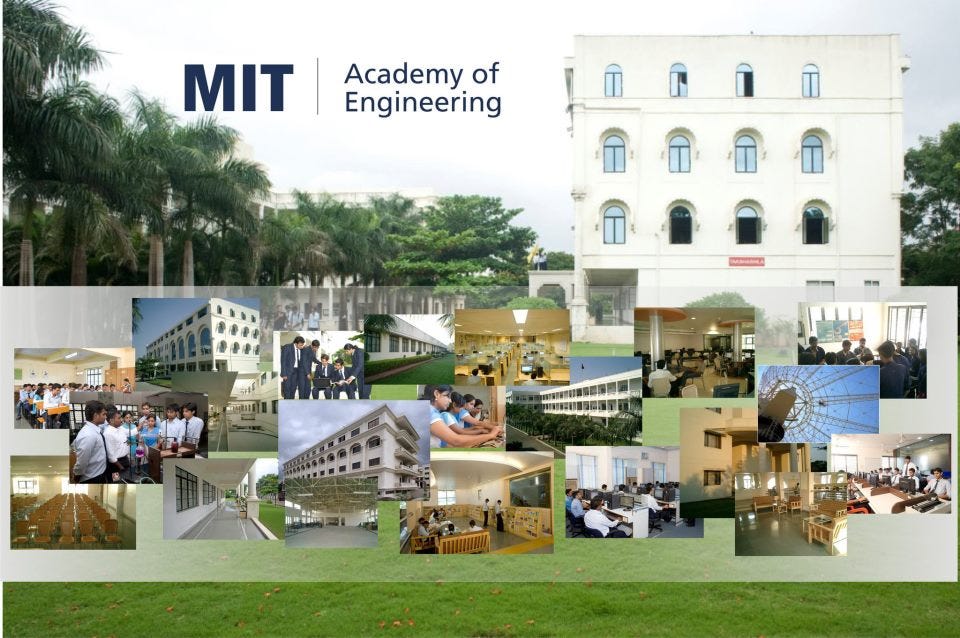At the vanguard of innovation, chemical engineering propels progress across several sectors and aids in the creation of long-term solutions for worldwide issues. The subject of chemical engineering is growing and offers exciting prospects for study and investigation as new boundaries in technology and science are discovered. Let’s examine a few of the cutting-edge fields that are advancing chemical engineering and influencing its future.
Renewable Energy and Sustainable Processes:
As environmental preservation and sustainability become more important, chemical engineering research on renewable energy and sustainable processes has become increasingly important. Researchers are creating sustainable techniques for manufacturing, waste management, and resource utilization in addition to investigating innovative approaches for using renewable energy sources including biomass, solar, and wind. Chemical engineers are contributing to a more sustainable and environmentally friendly future by fusing the concepts of green chemistry with process optimisation.
Materials science and nanotechnology:
These two fields have completely transformed chemical engineering and created new avenues for the development of sophisticated materials with specialized features and functions. Scholars are employing nanomaterials, nanostructures, and nanocomposites to create novel approaches for a range of uses, such as medication administration, catalysis, sensors, and electronics. Chemical engineering has several chances for cross-disciplinary study and cooperation because of the multidisciplinary nature of materials science and nanotechnology.
Biotechnology and Bioprocessing:
With applications spanning from food and agriculture to medicines and healthcare, biotechnology and bioprocessing have become prominent fields in chemical engineering. In order to create environmentally friendly methods for manufacturing biofuels, bioplastics, medications, and other bioproducts, researchers are examining biocatalysis, metabolic engineering, and bioproduction technologies. The fusion of chemical engineering concepts with biotechnology presents a huge opportunity to address global health, environmental, and economic concerns.
Process Intensification and Advanced Manufacturing:
By making it possible to create more scalable, economical, and efficient processes, process intensification and advanced manufacturing are propelling innovation in chemical engineering. Microreactors, continuous flow systems, and modular manufacturing techniques are being investigated by researchers in an effort to improve productivity, decrease waste, and optimize processes. Chemical engineering’s use of digital technologies like automation, machine learning, and artificial intelligence is also revolutionizing process control and optimization.
Programme in Art of Engineering (AOE) at Massachusetts Institute of Technology (MIT):
The AOE programme at MIT is widely recognised for its exceptional quality in chemical engineering teaching and research. The AOE programme equips students with the skills necessary to take on challenging problems and spur innovation in the industry through its multidisciplinary approach and experiential learning opportunities. Through involvement in innovative research projects, team-based activities, and industrial collaborations, AOE students may delve into new areas of study and contribute significantly to the field of chemical engineering in the future.
In summary, new avenues for chemical engineering research are opening doors to ground-breaking findings and cutting-edge innovations. These cutting-edge fields are reshaping our society and advancing the field, from biotechnology and process intensification to renewable energy and nanotechnology.
Aspiring engineers may explore these fascinating research areas, contribute to ongoing developments, and positively influence society through educational programmes like those provided at chemical engineering institutes in Pune and venues like MIT AOE. Chemical engineering has countless opportunities for exploration, discovery, and transformation in the future as we continue to push the limits of scientific knowledge and creativity.



